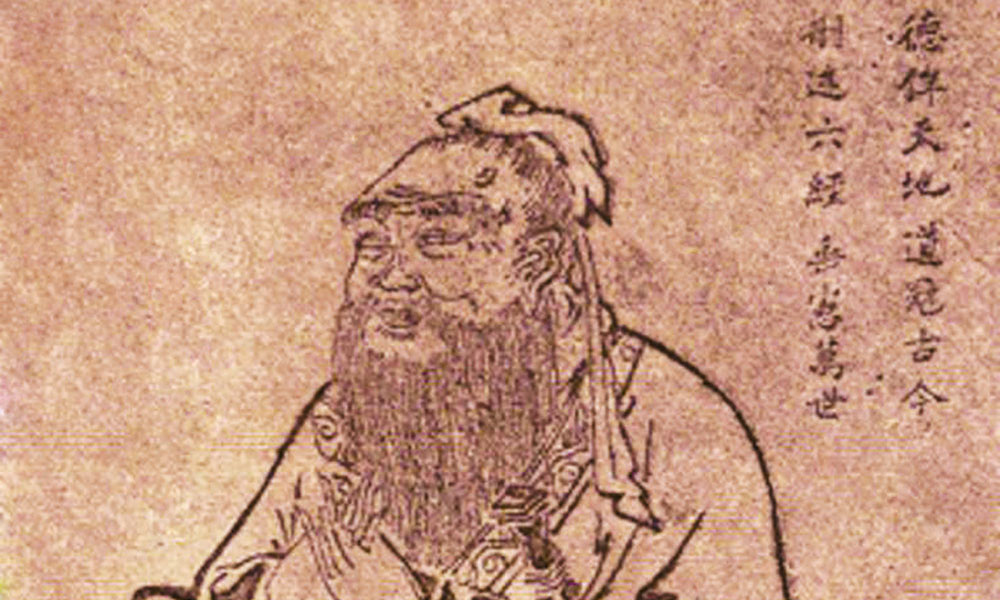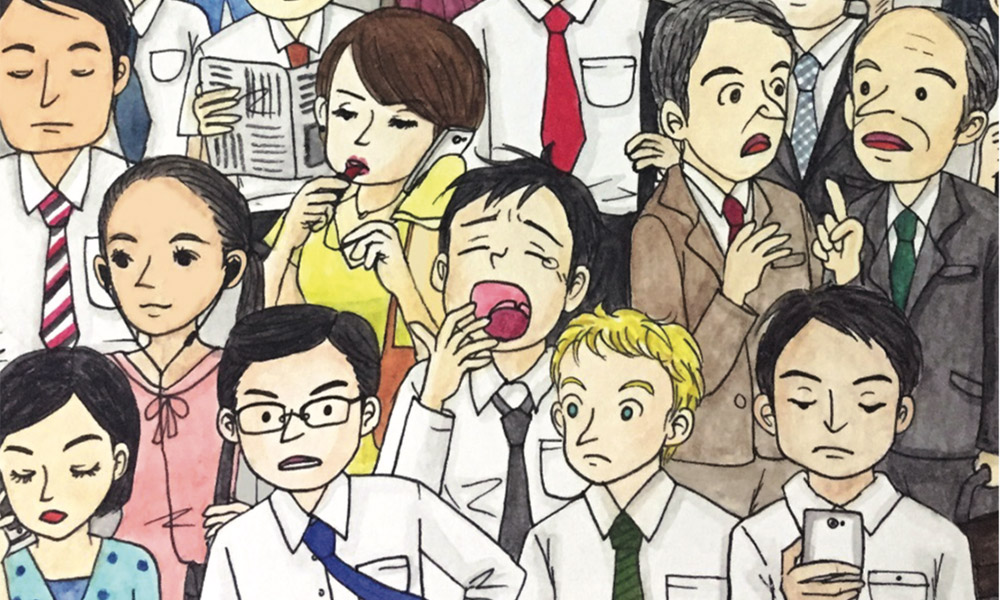宽为限,紧用功;工夫到,滞塞通。
读书计划可以定得宽松一点,但读书时要加紧用功;下的工夫够了,不懂的地方自然就明白了。
心有疑,随札记;就人问,求确义。
心里有疑问,就立刻做笔记;找人请教,寻求正确的意思。
I will give myself lots of time to study, but I will study hard. If I devote enough time and effort, I will thoroughly understand.
When I have questions, I will write them down right away; that way I can ask others and learn the true meaning.
Dizi Gui (Standards for Being a Good Student and Child) is an ancient Chinese text for children that teaches moral values and proper etiquette. It was written during the Qing Dynasty during the reign of Emperor Kangxi (1661-1722) by Li Yuxiu.
Beneath the conservative, “old-school” verbose of this ancient classic, one can still find gems of wisdom that remain surprisingly relevant to our modern society. A new lesson is covered in each issue.
Throughout the ages, countless people have devoted themselves to the task of studying. Yet not everyone becomes a learned individual, and even fewer become known as some of the greatest minds in history—Plato, Confucius, Leonardo Da Vinci, and Isaac Newton, to name a few.
What made these great intellectuals rise above others? Consistently, all these individuals possessed curiosity and persistence. They constantly asked questions and persisted in finding the answers, whether through fervent study or discussion. They lived by a singular belief: “If I devote enough time and effort, I will thoroughly understand.” [Dizi Gui]
Time was not an issue, but effort was imperative. The following story illustrates the persistence in intellectual pursuit that made Confucius one of the greatest minds in Chinese history.
These great intellectuals lived by a singular belief: “If I devote enough time and effort, I will thoroughly understand.”
Breaking the Book Binder Three Times
During his latter years in the Spring and Autumn Period, Confucius spent a lot of time studying The Book of Changes (I Ching), an ancient divination text and the oldest of the Chinese classics.
Paper had not yet been invented at the time. Instead, words were written on strips of bamboo. Books were made by stringing many bamboo strips together with cowhide string (called “wei”). The book was rolled up when stored, and rolled open as it was read.
Since The Book of Changes had very profound vocabulary and content, Confucius would flip back and forth through the book in order to comprehend its meaning. He studied the book so feverishly that he wore out and broke the cowhide string several times.
Despite that, Confucius remained unsatisfied with his understanding of the book. He once said, “If I can live longer, I may understand its content even better.”
This anecdote of Confucius inspired the Chinese saying “breaking the book binder three times”, which describes a person who studies assiduously and diligently.
Confucius’ dedication to studying the ancient classics inside-out was a key factor to his success as one of China’s greatest philosophers. The more he studied these profound classics, the more his knowledge and understanding grew.
His thoughts and philosophy were so profound, that they were enough for one man to govern the Song Dynasty.
Governing With Only Half The Analects of Confucius
Zhao Pu, the first Prime Minister of the Song Dynasty, was key to helping the first Emperor of the Song Dynasty, Emperor Song Taizu, unify the country. After Emperor Song Taizu died, his younger brother, Emperor Song Taizong, succeeded the throne.
Rumours eventually reached the new emperor that Zhao Pu’s knowledge was shallow, and that he had only read The Analects of Confucius. People said that it was grossly inadequate for a prime minister to have read only one book.
When Song Taizong asked Zhao Pu about this rumour, Zhao Pu replied honestly, “What I know is indeed not more than this book. In the past, I used half the book to assist Emperor Taizu to pacify the kingdom. Now, I also use half the book to help Your Majesty, and the result is that there is peace throughout the country.”
Later, when Zhao Pu died of illness, his family opened his book cache and indeed found only twenty chapters of The Analects of Confucius inside.
Today, the Chinese saying “Half of The Analects of Confucius” is used to emphasise the profoundness of Confucian thoughts.
The Inquisitive Mind: Leonardo Da Vinci
A second simple but important trait of great minds is to keep a notebook. “When I have questions, I will write them down right away; that way I can ask others and learn the true meaning.” [Dizi Gui]

The legendary Leonardo da Vinci was born out of wedlock to a peasant and a lawyer, and did not receive any formal eduation in Greek or Latin as a child.

Yet he became the most diversely talented person ever to have lived in the Western world—he was one of the greatest painters of all time, and excelled as a sculptor, architect, musician, scientist, mathematician, and engineer.
















